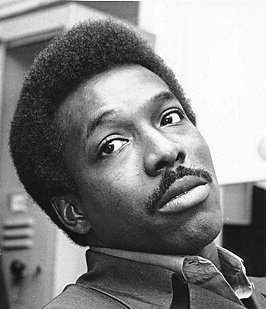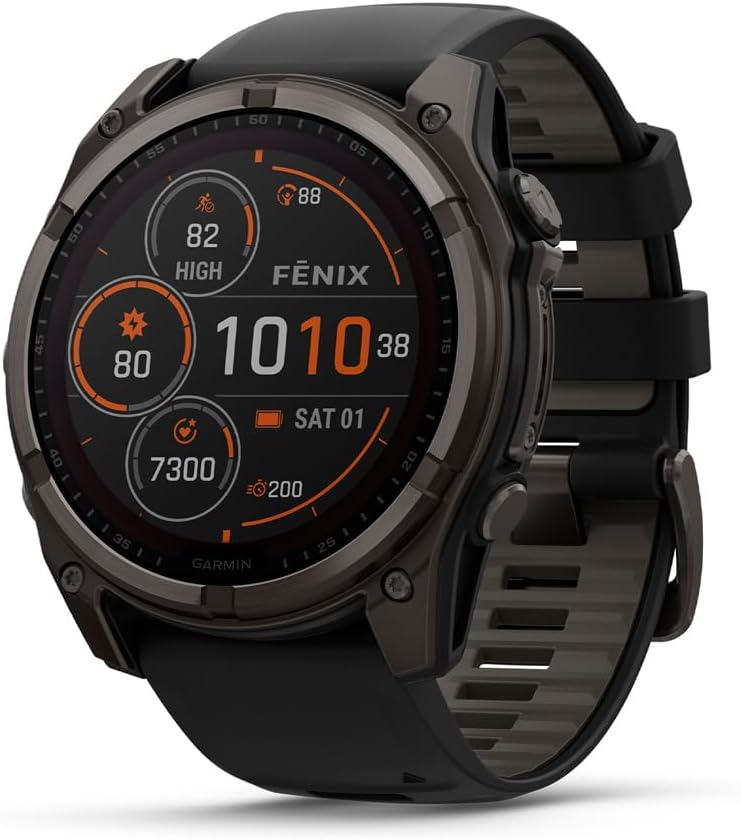Wilson Pickett dies of heart attack at 64
 | NEW
YORK (AP) - Wilson Pickett, the soul pioneer best known for the fiery
hits "Mustang Sally" and "In The Midnight Hour," died of a heart attack
Thursday in a Reston, Va., hospital, according to his management
company. He was 64. Chris Tuthill of the management company Talent Source said Pickett had been suffering from health problems for the past year. Pickett lived in Ashburn, Va. . |
| NEW YORK (AP) - Wilson Pickett, the soul
pioneer best known for the fiery hits "Mustang Sally" and "In The
Midnight Hour," died of a heart attack Thursday in a Reston, Va.,
hospital, according to his management company. He was 64. Chris Tuthill of the management company Talent Source said Pickett had been suffering from health problems for the past year. Pickett lived in Ashburn, Va. "He did his part. It was a great ride, a great trip, I loved him and I'm sure he was well-loved, and I just hope that he's given his props," Michael Wilson Pickett, the singer's son, told WRC-TV in Washington after his death. Pickett - known as "the Wicked Wilson Pickett" - became a star with his soulful hits in the 1960s. "In the Midnight Hour" made the top 25 on the Billboard pop charts in 1965 and "Mustang Sally" did the same the following year. "A fellow Detroiter, Wilson Pickett was one of the greatest soul singers of all time," Aretha Franklin said in a statement. "He will absolutely be missed. I am thankful that I got the chance to speak to him not too long ago." Pickett was defined by his raspy voice and passionate delivery. But the Alabama-born Pickett got his start singing gospel music in church. After moving to Detroit as a teen, he joined the group the Falcons, which scored the hit "I Found a Love" with Pickett on lead vocals in 1962. He went solo a year later, and would soon find his greatest success. In 1965, he linked with legendary soul producer Jerry Wexler at the equally legendary soul label Stax Records in Memphis, and recorded one of his greatest hits, "In the Midnight Hour," for Atlantic Records. A string of hits followed, including "634-5789," "Funky Broadway" and "Mustang Sally." His sensuous soul was in sharp contrast to the genteel soul songs of his Detroit counterparts at Motown Records. "Don't Let The Green Grass Fool You" and "Don't Knock My Love" were hits in 1971. Roger Friedman, a journalist and friend who featured Pickett in his 2002 documentary on soul greats, "Only the Strong Survive," said Pickett was "really Atlantic's answer to James Brown." "He wrote his own songs ... he was very, very musically adept, and look at his contribution - look how many songs of his songs have been covered?" Friedman told The Associated Press on Thursday. As Pickett entered a new decade, he had less success on the charts, but still had a few more hits, including the song "Don't Let The Green Grass Fool You." "Like all these great legends of R&B, when disco came in, it really impacted their careers," Friedman said. "(But) what Americans don't realize is they have all continued to be incredibly popular in Europe - every summer, touring Europe to incredible crowds." Still, Pickett suffered through some tough times. In 1991, he was arrested for allegedly yelling death threats while driving a car over the mayor's front lawn in Englewood, N.J., and less than a year later was charged with assaulting his girlfriend. In 1993, he was convicted of drunken driving and sentenced to a year in jail and five years' probation after hitting an 86-year-old man with his car. In 1987, he was given two years' probation and fined $1,000 for carrying a loaded shotgun in his car. Besides his induction into the Hall of Fame in 1991, he was also given the Pioneer award by the Rhythm and Blues Foundation two years later. He also cast a long shadow and served as a role model in "The Commitments" in 1991, without appearing in the film. "If I wasn't in show business I don't know what I would have been - a wanderer or something, you know?" he said in a 2001 interview. "But God blessed me with the talent and the chance. I knocked on enough doors, and this is what I can give myself credit for." Friedman said he had just spoken to Pickett last week and he seemed optimistic he would be able to put recent health troubles aside and perform again. "We had just a great talk," he said. "He really wanted to get back to business." By NEKESA MUMBI MOODY, AP Music Writer |





